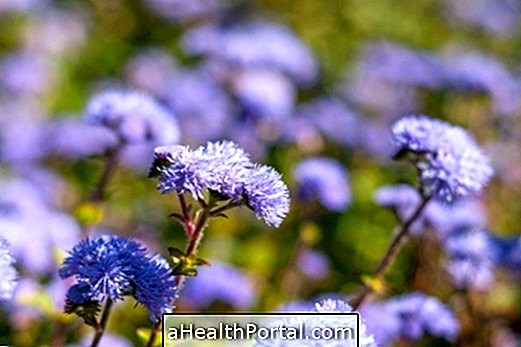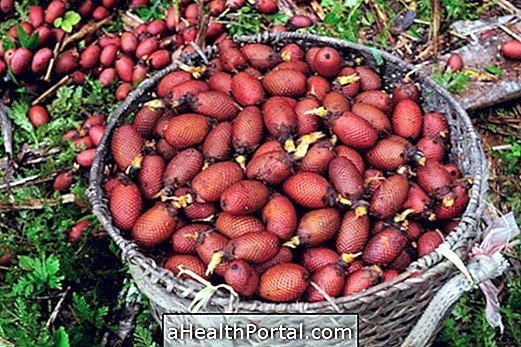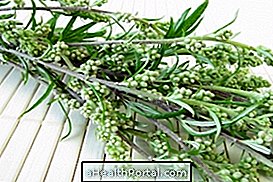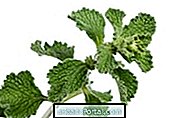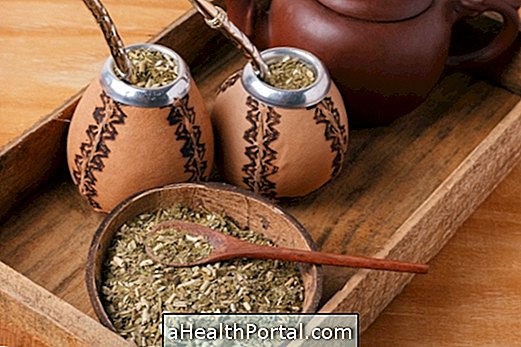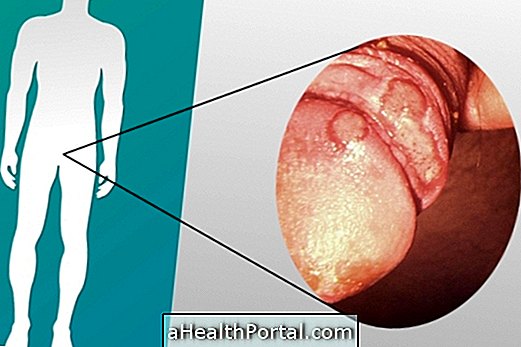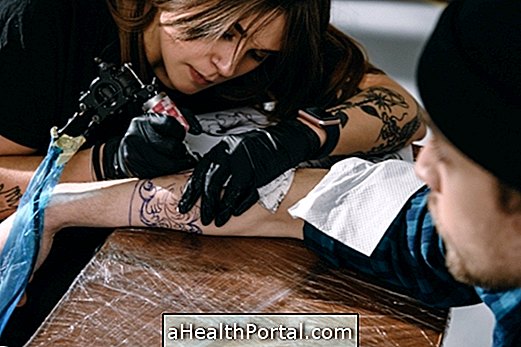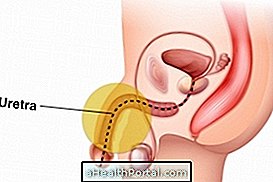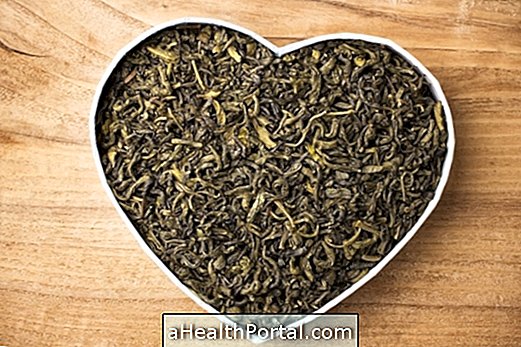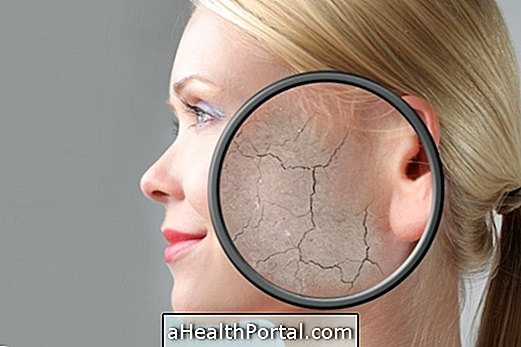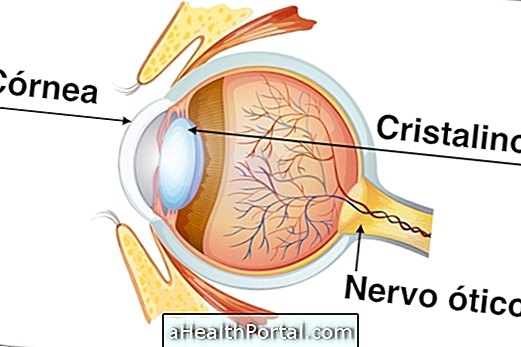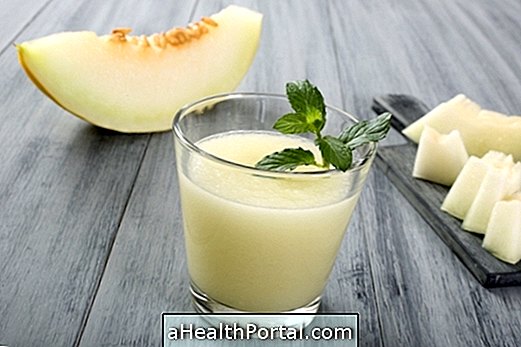Capuchin is a medicinal plant, also known as nasturtium, mast and capuchin, which can be used in the treatment of urinary tract infection, scurvy and skin diseases.
Its scientific name is Tropaeolum majus L. and can be purchased at health food stores and some drugstores.

Capuchin indications
The nasturtium is used to treat urinary tract infection, acne, skin allergies, dandruff, eczema, scurvy, lack of appetite, scalp strengthening, aged skin, insomnia, digestive problems, fluid retention, depression and wound healing.
Capuchin properties
The properties of the nasturtium include its antibiotic, expectorant, disinfectant, digestive, antiseptic, depurative, digestive, stimulating, sedative, purgative and diuretic properties.
How to use the nasturtium
The used parts of the nasturtium are its flowers and leaves, to make teas, infusions, juices or salads.
- Infusion of nasturtium for dandruff: Add 4 tablespoons of chopped nasturtium in ½ liter of boiling water and then wash your hair with this infusion.
Here's a way to use this plant: Home remedy for urinary tract infection
Side effects of nasturtium
The side effect of the nasturtium is gastric irritation.
Capuchin contraindication
The nasturtium is contraindicated for patients with gastritis, hypothyroidism, heart or kidney failure and pregnant or lactating women.
Was this information helpful?
Yes No
Your opinion is important! Write here how we can improve our text:
Any questions? Click here to be answered.
Email in which you want to receive a reply:
Check the confirmation email we sent you.
Your name:
Reason for visit:
--- Choose your reason --- DiseaseLive betterHelp another personGain knowledge
Are you a health professional?
NoMedicalPharmaceuticalsNurseNutritionistBiomedicalPhysiotherapistBeauticianOther
